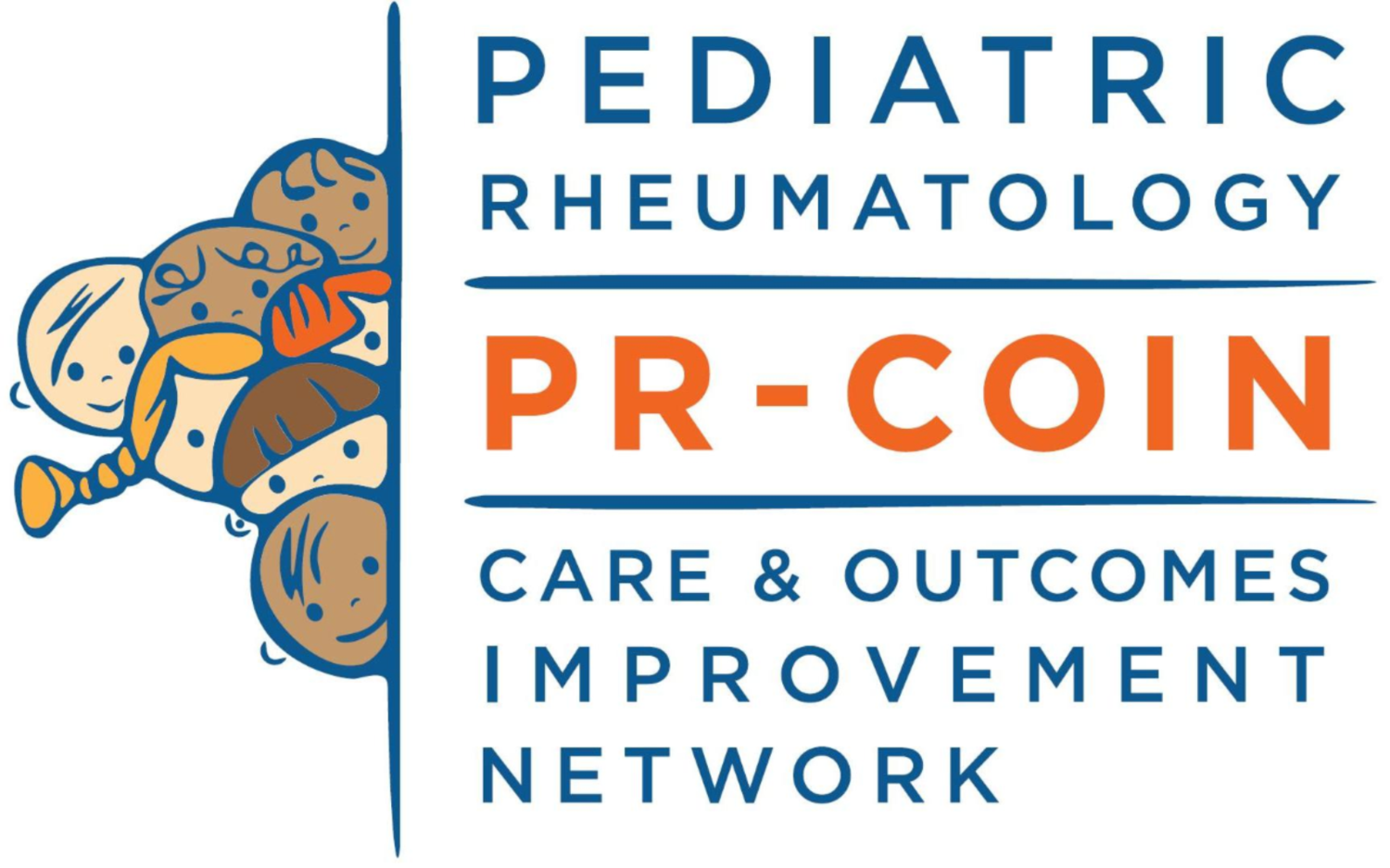Meet Dr. Melissa Mannion!
“If You Don’t Measure It, You Can’t Improve It.”
I am a pediatric rheumatologist at UAB/Children's of Alabama. I see patients and spend a lot of time doing research related to the treatment and outcomes of patients with JIA. Part of my research role is being the site PI for PR-COIN and the CARRA registry. Most people know that I have several dogs (3) and cats (2) who are very spoiled, but many people probably don't know that I also have a garden where I grow a lot of vegetables and herbs. Right now, I have onions, garlic, lettuce, thyme, rosemary, mint, and lemon balm, and soon I will be planting tomatoes, peppers, and summer squashes.
We know a lot about JIA and how to treat it, but there is also a lot that we still do not know. It can be difficult to discuss how a patient is doing when there are months long gaps between visits and you are trying to decide if they are doing better or worse than at the last visit. One thing that has been helpful to this discussion is the calculation of JADAS (Juvenile Arthritis Disease Activity Score) because it turns all these feelings into numbers that are easier for me, the patient, and the family to view and compare.
PR-COIN has highlighted the importance of calculating a JADAS at every visit as part of the Treat-to-Target initiative. Being part of PR-COIN, we were able to learn how other centers were collecting, measuring, and documenting this information so that we could design a process that would work in our clinic setting. We were able to work with our hospital IT to add a place in our clinic note that would calculate the JADAS so that the completion and overall scores could be monitored over time.
Our center went from having no JADAS calculation to maintaining >80% JADAS completion in every note for every provider, and we kept it up even through the pandemic. Now we have data to monitor, analyze, and use to find a way to improve those scores and our patient's disease.
As a researcher, I really like data because if you don't look at what you're doing, you won't know what's happening. PR-COIN is based on the same principle: if you don't measure it, you can't improve it. We have been able to learn from other sites in PR-COIN and have shared our experience with others so that we are all moving forward towards reliably measuring, collecting, and reporting data to improve what we know about treating JIA.
Visit our Get Involved page to learn more about how you and your center can get involved in PR-COIN.

